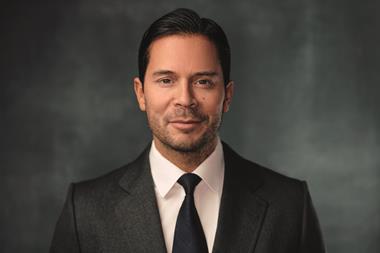GLOBAL - Debt will become the new core as pension funds and insurers transfer their special situations allocations to new asset sub-classes such as debt, according to Dale Lattanzio, managing director of real estate private equity firm Duet.
Duet in August announced the final closing of its €300m European mezzanine debt fund, which now includes €80m mezzanine financing for Blackstone in the largest European deal of its kind to date. The fund has almost 20 investors, most of them pension funds and insurers, and a 25% commitment from Guernsey-listed Duet Real Estate Finance Limited.
"It's getting a little easier to raise capital now because debt is more understood as a strategy now. When we first took the opportunity to investors, they were just getting their heads around the idea," said Lattanzio.
He added that the questions for pension funds were where the allocation should fit - within real estate or fixed income - and how it should be staffed. "That's still something larger pension funds are working with their consultants on," he said.
"The more the process is understood, and the clearer the internal process for getting approval for this kind of investment, the better these institutions are able to move forward. Institutions with capital to deploy in emerging trends are able to move quickly. Those still working out where [to put] debt strategies, will take a little bit longer. But eventually they will invest because it's going to become a more important part of the marketplace."
In addition to investors getting used to the idea of investing in debt rather than equity, Lattanzio said it was important for pension funds to understood their position within the capital structure.
"Maybe in another vehicle [we'd invest further up the risk curve] but this vehicle is very prescriptive in what it does. One reason we've been able to raise capital for this vehicle is because it's very clear about where it starts and stops," he said. "Investors can understand the role it will play in the portfolio."
Lattanzio added that investors wanted to see their capital invested, a process the fund manager began in 2010. The fund is now 50% invested.
"It was important for investors to see and understand that capital was being deployed," he said. "That's one of the big issues for real estate fund managers in general. Investors want to see the deal flow and want to be able to underwrite the deals as much as possible."
Although deals are still scarce, he said the market was opening up and the volume of opportunities would grow as banks increased the pressure on lenders to repay them.
"There are also more buyers in the market and some of those buyers want more debt than the banks will provide," he said.












